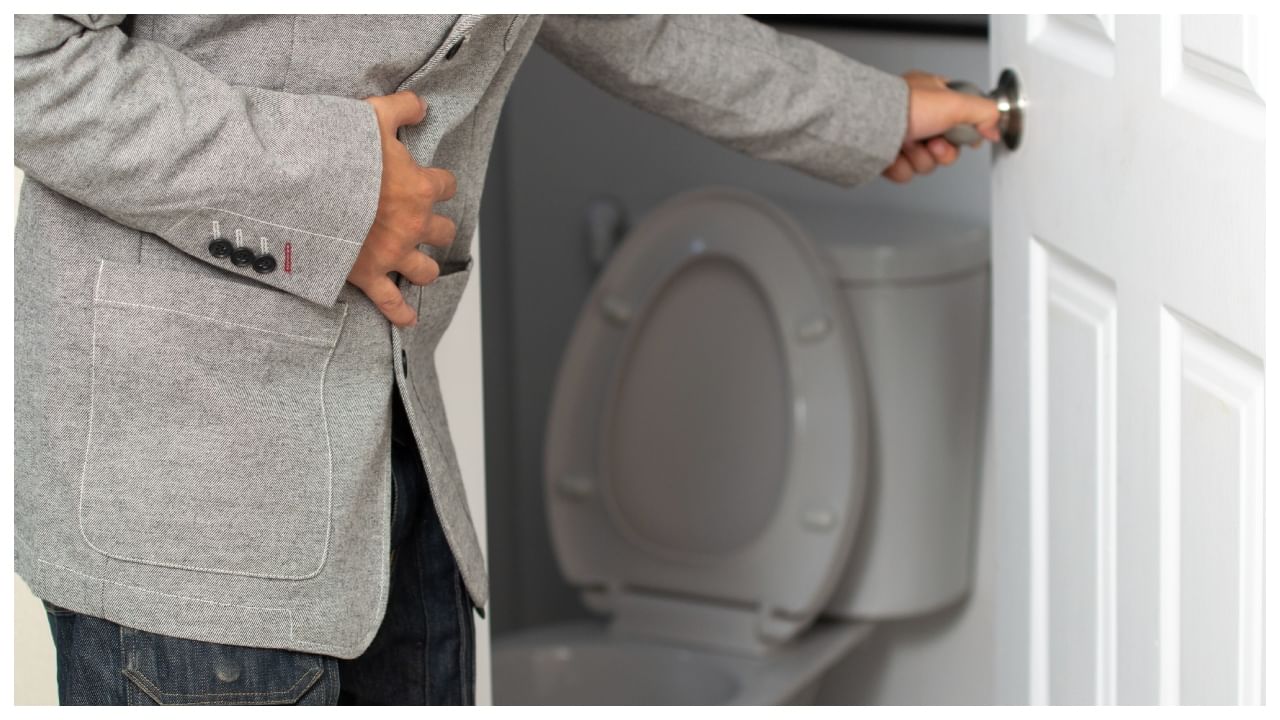New Delhi: You wake up late, skip breakfast, grab a coffee, sit for hours, and eat whatever arrives fastest at your desk. Days blur together, your sleep is broken, and your stomach just doesn’t feel right anymore. Sound familiar? Constipation—once considered an occasional nuisance—is now becoming a frequent complaint, especially among young, urban adults. It’s not just uncomfortable. It can leave you bloated, irritable, and sluggish, affecting everything from your mood to your appetite.
Dr Bhuvan Shetty, Consultant Medical Gastroenterologist and Hepatologist, Gleneagles BGS Hospital, explained why this is happening more now, and to more people.
The City Life Isn’t Kind to Your Gut
Urban life comes with conveniences, but it also brings chaos. Most people eat on the go, don’t move enough during the day, and are under constant pressure to keep up. Add to that a diet low in fibre and high in processed foods, and the gut begins to suffer. Fibre isn’t just about “roughage.” It feeds the good bacteria in your gut and keeps your digestive system moving smoothly. Without it, your intestines slow down. Stools become dry, harder to pass, and bowel movements grow less frequent. Many people in cities don’t even realise they’re chronically dehydrated, which only worsens the problem.
Stress Doesn’t Just Live in Your Head
There’s a reason your stomach turns before a big meeting or when you’re anxious. The gut and brain are constantly in conversation. Chronic stress triggers hormonal changes that can reduce digestive motility and alter the balance of your gut bacteria. In simple terms: if your mind is tense, your gut is too. For some, this develops into Irritable Bowel Syndrome (IBS)—a condition that involves constipation, diarrhoea, abdominal pain, or all three in cycles. While not dangerous, it can deeply affect quality of life and become harder to manage when ignored or self-treated.
Circadian Rhythm: Your Gut Has a Clock Too
Your digestive system follows its internal schedule. It expects meals at certain times, rest at night, and activity during the day. But irregular sleep, late-night meals, and erratic routines throw off this rhythm. The result? Sluggish digestion and constipation. This is particularly common among people working shifts, travelling frequently, or glued to screens late into the night. Sleep quality and gut health are closely connected, and disturbing one often disrupts the other.
When Laxatives Aren’t the Answer
A big mistake many people make is reaching for over-the-counter laxatives at the first sign of trouble. While these might offer short-term relief, they don’t solve the root cause, and frequent use can make the bowel even more dependent on stimulation to function. If you find yourself needing help to pass stools more than once a week, it’s time to take a closer look at your habits—and possibly speak to a gastroenterologist.
Small Fixes That Can Go a Long Way
- Increase your fibre intake slowly. Add fruits, vegetables, whole grains, and legumes to your meals.
- Stay hydrated. Even mild dehydration makes stools harder.
- Move more. A short walk after meals can help trigger natural bowel movement.
- Stick to a routine. Try to sleep and eat at consistent times, even on weekends.
- Don’t ignore the urge. Waiting too long sends mixed signals to your gut.
- Constipation may seem like a minor issue, but it’s often your body’s way of saying something’s off. In today’s fast-paced world, gut health can take a backseat until symptoms start interfering with daily life. But the earlier you address it, the easier it is to turn things around.
- Don’t wait until discomfort becomes your new normal. Your gut deserves better—and so do you.
